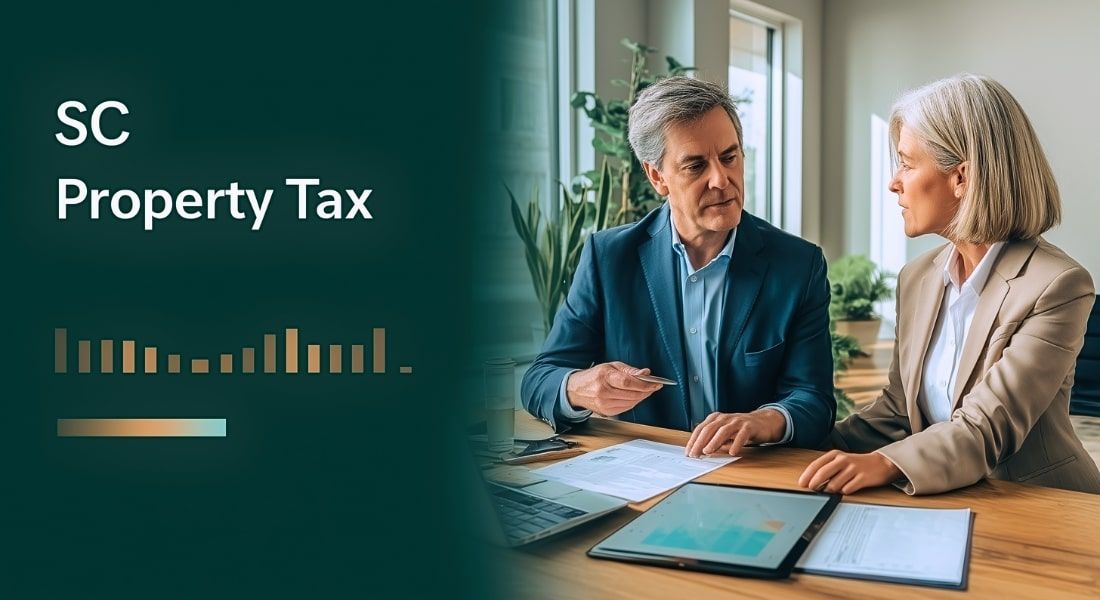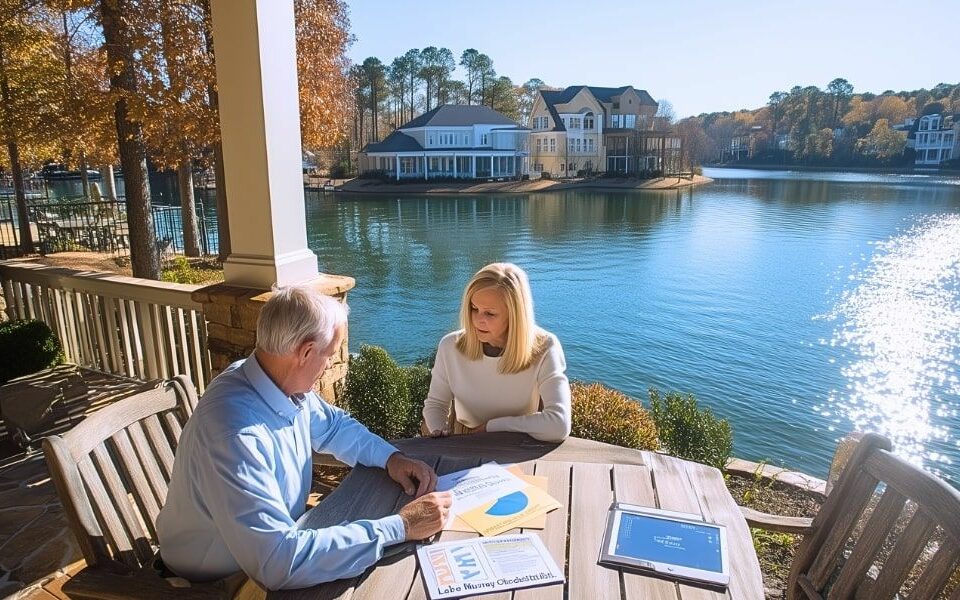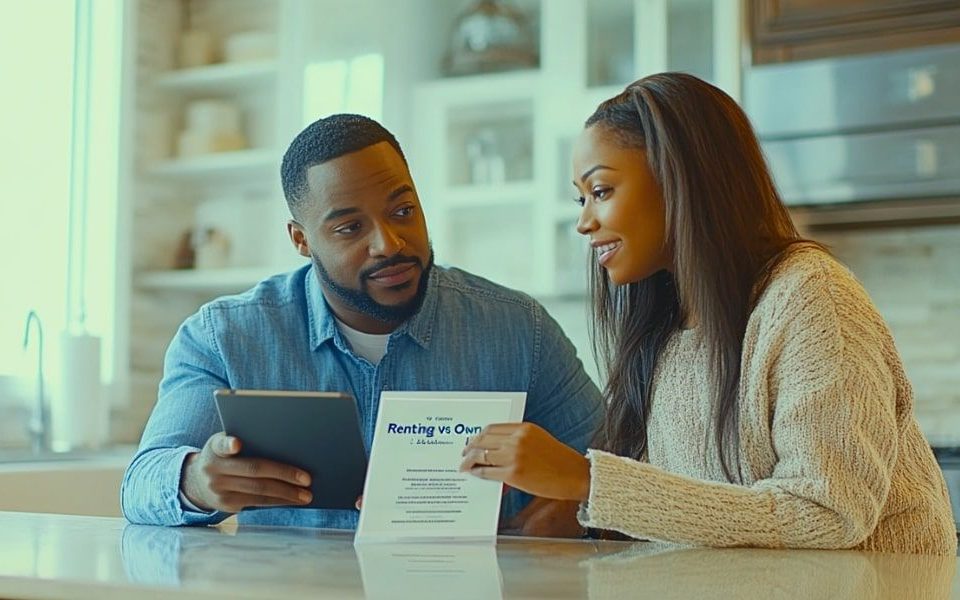
Property taxes in South Carolina can have a bigger impact on your investment strategy than many realize. Tax rules can shape long-term returns. South Carolina treats primary residences and investment properties very differently when it comes to taxation. That distinction matters if you’re purchasing a rental home, vacation property, or high-end real estate near Lake Murray.
Read on to learn more about South Carolina property taxes.
Lake Murray Real Estate Market Watch
According to recent reports, the median price per square foot of homes in Lexington is $162. However, real estate trends can change quickly. Contact the Southern Dreams Realty team for the most up-to-date information.
5 Things Investors Need to Know About Property Taxes in South Carolina
The 4% vs. 6% Property Tax Assessment for Investors
South Carolina uses an assessment ratio to determine the portion of a property’s market value that is subject to taxation. The ratio is 4% for owner-occupied primary residences. However, the state applies a rate ratio of 6% to all other properties.
This 2% difference creates a significant cost gap. For example, let’s say you have a $1 million property. If it is a primary residence, taxes only apply to $40,000 of that value. The same property, used as a rental or second home, would have taxes apply to $60,000 of its value.
At a millage rate of 300 mills ($300 per $1,000 of assessed value), the primary residence owes $12,000 in taxes. The investment property owes $18,000. That $6,000 difference can reduce profitability if not factored into your financial model.
Understanding Local Millage Rates
South Carolina’s property tax is not a flat rate. It includes local millage rates, which vary by location. A millage rate is the amount of tax per $1,000 of assessed value. Each county, city, and district sets its rate.
Columbia, Lexington, Irmo, Chapin, and Blythewood may all have different rates. Special districts for schools, fire protection, and water services may also include additional services. As an investor, you should verify the exact rate for each property, not just the county average.
A high millage rate, combined with the 6% assessment ratio, can impact your net operating income and cash flow.
Calculating Your Investment Property Tax Bill
You can calculate property taxes in South Carolina using a two-step formula:
- Fair Market Value × Assessment Ratio = Assessed Value
- Assessed Value × Millage Rate = Annual Tax Bill
Here’s a quick example. A $750,000 luxury rental home near Lake Murray:
- $750,000 × 6% = $45,000 assessed value
- $45,000 × 0.300 = $13,500 annual tax
If the property’s market value increases or the local millage rate changes, the tax bill will also change accordingly. You should review these figures annually to ensure sound financial planning and management.
Investor Considerations for Reappraisals and Assessments
Counties in South Carolina reassess property values every five years. The goal is to match assessed values with market conditions. There is a cap on the amount by which the taxable value of a primary home can increase. However, this cap does not apply to second homes or investment properties when they are sold or undergo significant improvement.
If you buy a property that has not had a reassessment in years, you may face a higher tax bill after purchase. That may surprise unprepared investors.
Key Exemptions and Credits for SC Investors
Most property tax exemptions in South Carolina apply to primary residences. For example, the Homestead Exemption lowers taxes for seniors and disabled veterans, but only if the home is owner-occupied.
Investment properties are not eligible for these exemptions. As an investor, you should expect to pay the full 6% assessment and receive no credits unless you qualify under specific programs.
At Southern Dreams Realty, we don’t just help you find a property—we help you make informed, confident decisions. With over 40 years of combined expertise and deep roots in the Midlands, we offer unparalleled insights and expertise.
Not sure where to start? Let’s walk through it together. Please feel free to send us a message anytime. We’re here to help you move forward with clarity.



